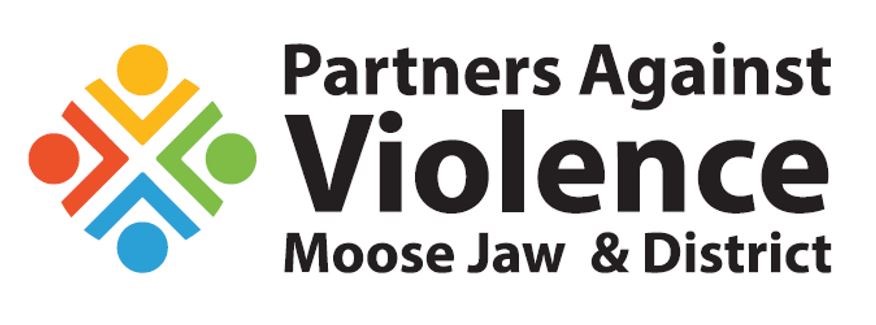Fraud generally involves deliberately deceiving the victim with the promise of benefits such as goods or services that are nonexistent, unnecessary, never intended to be provided, or grossly misrepresented. There are hundreds of frauds, but offenders generally use a small subset of these against the elderly.
The frauds typically occur within a few interactions.
- Prizes and sweepstakes. These frauds generally involve informing the victim that he or she could win, or has already won, a "valuable" prize or a lot of money. The victim is required to send in money to cover taxes, shipping, or processing fees. The prize may never be delivered or, if so, is usually costume jewelry or cheap electronic equipment worth less than the money paid to retrieve it.
- Investments. Because many seniors live on fixed incomes, they often want to increase the value of their estate and ensure they have sufficient funds to meet basic needs. In investment scams, offenders persuade the elderly to invest in precious gems, real estate, annuities, or stocks and bonds by promising unrealistically high rates of return. The investments often consist of fake gemstones, uninhabitable property, or shares in a nonexistent or unprofitable company.
- Charity contributions. Playing on some seniors' desire to help others, offenders solicit donations to nonexistent charities or religious organizations, often using sweepstakes or raffles to do so.
- Home and automobile repairs. Offenders may recommend an array of fraudulent "emergency" home repairs, often requiring an advance deposit. They may subsequently fail to do any work at all, start but not finish the work, or do substandard work that requires correction. Common frauds include roof repairs, driveway resurfacing, waterproofing, and pest control. The offenders are often transient, moving among neighbourhoods, cities, and even states. Dishonest auto mechanics may falsely inform customers that certain repairs are needed, or they may bill for services or repairs that were not requested or were not completed.
- Loans and mortgages. Seniors may experience cash flow shortages in the face of needed medical care or home repairs. Predatory lenders may provide loans with exorbitant interest rates, hidden fees, and repayment schedules far exceeding the elderly's means, often at the risk of their home, which has been used as collateral.
- Health, funeral, and life insurance. Many seniors are concerned about having the funds to pay for needed medical care or a proper burial, or to bequeath to loved ones upon death. Unscrupulous salespeople take advantage of these concerns by selling the elderly policies that duplicate existing coverage, do not provide the coverage promised, or are altogether bogus.
- Health remedies. The elderly often have health problems that require treatment. Preying on this vulnerability, offenders market a number of ineffective remedies, promising "miracle cures." Unfortunately, given this false hope, many seniors delay needed treatment, and their health deteriorates further.
- Travel. Compared with younger adults, seniors often have more leisure time and are attracted to low-cost travel packages. However, many of these packages cost far more than market rates, provide substandard accommodations, or do not provide the promised services.
- Confidence games. These frauds generally do not involve a product or service; instead, they include a broad array of deceitful scenarios to get cash from the elderly. The offender may pretend to be in a position of authority (e.g., a bank examiner), or otherwise trustworthy, concocting a story to get the victim to hand over cash
They encourage their victims to make an immediate decision or commitment to purchase products or services, which effectively limits the opportunity for consultation with others.
These crimes most often are committed by strangers to the older adult.




